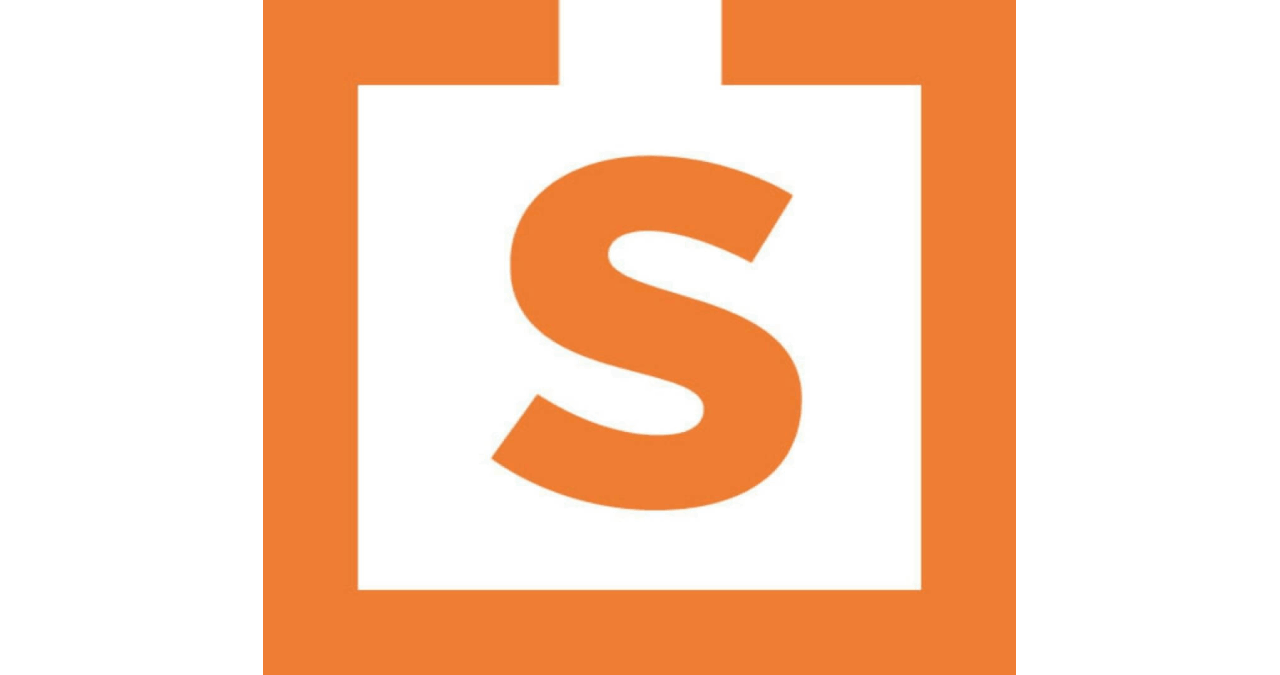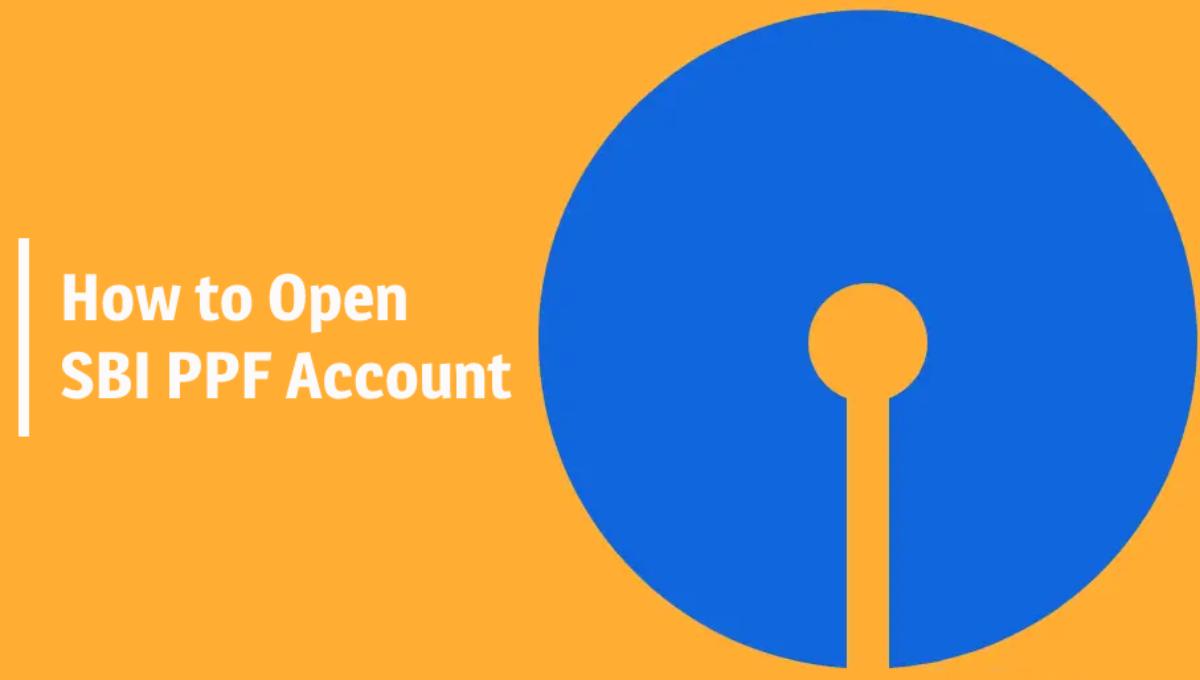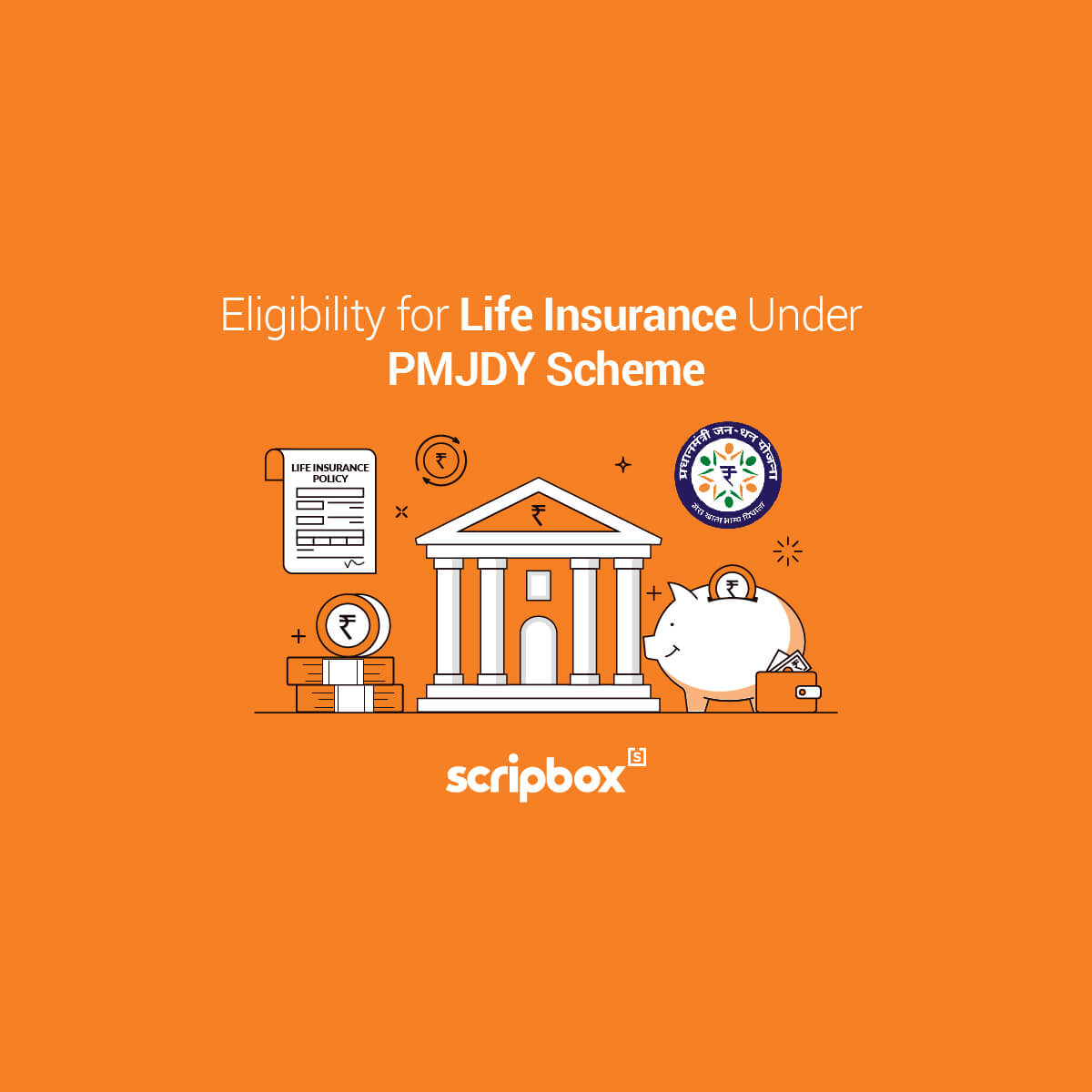What is the Pradhan Mantri Mudra Yojana (PMMY)?
Pradhan Mantri Mudra Yojana (PMMY) is a scheme launched by the Hon’ble Prime Minister on April 8, 2015. The aim is to provide loans upto 10 lakh to the non-corporate, non-farm small or micro enterprises. Mudra loans are the type of loans that PMMY classifies. Commercial banks, RRBs, SFBs, Cooperative Banks, MFIs, and NBFCs all provide these loans. The borrower can go to any of the above-mentioned lending institutions or apply online via this platform. Under the auspices of PMMY, Mudra has developed three products: ‘Shishu,’ ‘Kishore,’ and ‘Tarun,’ which represent the stage of growth or development and financial requirements of the beneficiary micro unit or entrepreneur, as well as serve as a reference point for the next step of graduation or growth.
Mission and Vision of the Mudra Loan
To be a world-class integrated financial and support services provider for the bottom of the pyramid universe, benchmarked against global best practices and standards, for their holistic economic and social growth.
To achieve economic success and financial stability by cultivating an inclusive, sustainable, and value-based entrepreneurial culture in conjunction with our partner institutions.
Types of Mudra Loan
| Scheme Name | Loan Amount |
| Shishu | Upto Rs. 50,000 |
| Kishore | Rs. 50,000 to Rs. 5 Lakh |
| Tarun | Rs. 5 Lakh to Rs. 10 Lakh |
Sectors Covered under the Pradhan Mantri Mudra Yojana
Sector or activity oriented schemes would be implemented to maximize beneficiary coverage and customise products to fit the needs of certain business activities. To begin, PMMY covers the following sectors based on higher concentrations of enterprises in various activities or industries.
Land Transport Sector or Activity
This sectororactivity will, among other things, assist units in purchasing products and personal transportation vehicles such as auto rickshaws, small goods transport vehicles, 3 wheelers, e-rickshaws, passenger automobiles, taxis, and so on.
Community, Social & Personal Service Activities
Saloons, beauty parlors, gyms, boutiques, tailoring shops, dry cleaning, cycle and motorcycle repair shops, DTP and photocopying facilities, medicine shops, courier agents, and so on are examples of community, social, and personal service activities.
Food Products Sector
Assistance would be available for activities such as papad making, achaar making, jam or jelly making, agricultural produce preservation at the rural level, sweet shops, small service food stalls, day-to-day catering or canteen services, cold chain vehicles, cold storages, ice making units, ice cream making units, biscuit, bread, and bun making, and so on.
Textile Products sector or activity in the textile industry
To provide assistance with activities such as handloom, powerloom, chikan work, zari and zardozi work, traditional embroidery and hand work, traditional dyeing and printing, apparel design, knitting, cotton ginning, computerized embroidery, stitching, and other non-garment textile products such as bags, vehicle accessories, and furnishing accessories, among others.
Business loans for Traders and Shopkeepers
Financial assistance for on-lending to individuals for the operation of their shops, trading and business activities, service businesses, and non-farm income-generating activities, with beneficiary loan sizes of up to 10 lakh per enterprise / borrower.
Equipment Finance Scheme for Micro Units
Setting up micro enterprises by purchasing necessary machinery / equipment with per beneficiary loan size of upto 10 lakh.
Activities allied to agriculture
‘Agriculture-related activities,’ such as pisciculture, beekeeping, poultry, livestock-rearing, grading, sorting, aggregation agro industries, diary, fishery, agri-clinics and agribusiness centres, food & agro-processing, etc. (excluding crop loans, land improvement such as canals, irrigation, and wells) and services supporting these, which promote livelihood or generate income, will be eligible for coverage under PM
Benefits Under Pradhan Mantri Mudra Yojana
Mudra has already developed its initial productsorschemes under the auspices of Pradhan Mantri Mudra Yojana PMMY. The interventions have been given the names ‘Shishu,’ ‘Kishor,’ and ‘Tarun,’ to represent the level of growth or development and finance requirements of the beneficiary micro unit or entrepreneur, as well as a reference point for the next step of graduation or growth.
The Pradhan Mantri Mudra Yojana has set forward the following financial limit for the benefit:
- Shishu : covering loans upto 50,000or-
- Kishor : covering loans above 50,000or- and upto 5 lakh
- Tarun : covering loans above 5 lakh to 10 lakh
Mudra’s delivery channel is envisioned to be predominantly through refinance to Banks or NBFCs or MFIs. At the same time, the ground-level distribution channel must be developed and expanded. In this environment, there are already a considerable number of ‘Last Mile Financiers’ who provide informal funding to small firms in the form of companies, trusts, societies, associations, and other networks.
Eligibility for Mudra Loan
Any Indian citizen with a business plan for a non-farm income generating activity such as manufacturing, processing, trading, or the service sector and a credit need of up to ten lakh rupees can apply for Mudra loans under PMMY through a bank, a microfinance institution, or a non-bank financial institution. For loans under PMMY, the lending agency’s standard terms and conditions may have to be followed. The loan rates are set in accordance with the RBI’s rules, which are updated on a regular basis.
The businesses must belong to any of the following activities:
- Small manufacturing enterprise
- Shopkeepers
- Fruit and Vegetable vendors
- Artisans
- ‘Activities allied to agriculture’, e.g. pisciculture, bee keeping, poultry, livestock, rearing, grading, sorting, aggregation agro industries, diary, fishery, agriclinics and agribusiness centres, food & agro-processing, etc. (excluding crop loans, land improvement such as canal, irrigation and wells).
Features of Pradhan Mantri Mudra Yojana
- Borrowers can get a loan from any MLI, including public, private, foreign, regional rural, small finance banks, NBFC-MFIs, NBFCs, and MFIs.
- For loans up to Rs. 50,000or-, there is no processing cost (Shishu category).
- The Reserve Bank of India (RBI) has instructed banks not to require collateral security for loans up to Rs. 10 lakh made to units in the Micro and Small Enterprises (MSE) sector.
- MLIs set the interest rate, and interest is only levied on money kept overnight by the borrower.
- Borrowers are given a Mudra Card in order to access operating capital. It’s a RuPay Debit Card that may be used to withdraw money from any ATM or make purchases at a POS machine (POS).
- MLIs are given annual targets based on prior years’ accomplishments by the government. Following that, MLIs set their own State-wise aim based on their region of promise.
- The PMMY scheme’s national level targets have been routinely met since its introduction, with the exception of FY 2020-21, which will be affected by the ongoing COVID-19 epidemic.
- An applicant can avail the Mudra loan from Public Sector Banks, Private Sector Banks, State operated cooperative banks, Rural banks from regional sector, Institutions offering micro finance, Financial companies other than banks.
Documents Required to apply for Mudra Loan
Shishu Loan Under Pradhan Mantri Mudra Yojana
- Proof of identity i.e. Self-certified copy of Voter’s ID card or Driving License or PAN Card or Aadhaar Card or Passport or Photo Ids, issued by Govt. authority etc.
- Proof of Residence i.e. recent telephone bill or Electricity bill or Property tax receipt or Voter’s ID card or Aadhaar Card or Passport of Individual or Proprietor or Partners, Certificate issued by Govt. AuthorityorLocal Panchayat or Municipality etc.
- Applicant’s Recent Photograph (2 copies) not older than 6 months.
- Proof of SCorSTorOBCorMinority, if applicable.
- Proof of Identity or Address of the Business Enterprise, if available.
- Statement of Account from the existing Banker, for the last six months, if any.
- Quotation of Machinery or other items, to be purchased.
Kishore and Tarun Loan Pradhan Mantri Mudra Yojana
- Proof of identity, such as a self-certified copy of a voter’s ID card, a driver’s license, a PAN card, an Aadhaar card, a passport, or any government-issued photo identification, etc.
- Proof of residence, such as a recent telephone bill, an electric bill, a property tax receipt, a voter’s ID card, an Aadhaar card, an individual’s, proprietor’s, or partners’ passport, a certificate issued by a government authority, a local panchayat, or a municipality, etc.
- If required, proof of SCorSTorOBCorMinority status.
- Copies of essential Licenses or Registration Certificates or lease or Rent agreement or Other Documents referring to the ownership, identity, and address of the business unit or Udyog Aadhaar Memorandum
- For the last six months, a statement of account from the current banker is required.
- Unaudited balance sheets of existing units during the last two years, as well as income tax or sales tax reports, etc (Applicable for loans of Rs. 2 lakh and above).
- In the event of working capital constraints, projected balance sheets of start-ups or existing units for one year, and for the life of the loan in the case of term loans (Applicable for loans of Rs. 2 lakh and above).
- Up to the date of application submission, sales were made within the current financial year (in case of existing units).
- Proforma Invoices or Quotations for the assets to be purchased, as well as civil work estimates, if any are required. If it is deemed necessary, technical feasibility and economic viability may be reviewed with the borrower.
- The borrower’s asset and liability statement, including Directors and Partners.
- Where appropriate, the company’s Memorandum and Articles of AssociationorPartnership Deed of Partners, etc.
- Photographs (two copies) of the applicantorproprietororpartnersordirectors that are no more than six months old.
What is Micro Enterprises?
Micro enterprises are a significant economic segment in our country, employing a big number of people after agriculture. Micro businesses in the manufacturing, processing, trading, and service sectors make up this section. Nearly ten crore people are employed as a result of it. Many of these businesses are sole proprietorships or Own Account businesses, and they are often referred to as the Non-Corporate Small Business sector.
What is the Non-Corporate Small Business Sector (NCSBS)?
The Non-Corporate Small Business Sector (NCSBS) is India’s economic backbone. It is one of the world’s largest disaggregated business ecosystems, supporting roughly 50 million people.
Small manufacturing units, retailers, fruit and vegetable vendors, truck and cab operators, food-service units, repair shops, machine operators, small industries, craftsmen, food processors, street vendors, and a variety of other businesses make up this sector.
Formal or institutional architecture has not been able to reach out to them in order to address the sector’s financial needs. They rely on personal networks or moneylenders for the majority of their funding. Addressing this demand will offer the economy a significant boost; otherwise, this section will stay underfunded, leaving a section of the productive workforce unemployed.
Small business has a lot of strength. According to a 2013 NSSO survey, there are 5.77 crore small business units, the majority of which are sole proprietorships. People from Scheduled Castes, Scheduled Tribes, and Other Backward Classes own the majority of these “own account enterprises.” They have relatively little credit, and it comes primarily from informal lenders such as friends and relatives. Providing such micro/small business units with access to institutional finance will transform them into powerful engines of GDP development and employment.
What is Mudra?
Mudra which stands for Micro Units Development and Refinance Agency Ltd is a refinance agency and not a direct lending institution.
It is responsible for monitoring the programme by collecting the information on a regular basis. Accordingly, Mudra has put in place a monitoring portal which captures the data on lending under PMMY, in a granular fashion.
Moreover, Mudra would be in charge of refinancing all Last Mile Financiers who lend to micro or small businesses engaged in manufacturing, trading, and services, as well as agri-allied activities. Mudra would also work with state or regional financial intermediaries to provide funding to smal lo rmicro business firms’ Last Mile Financiers. These financiers include Non-Banking Finance Companies, Micro Finance Institutions, Societies, Trusts, Section 8 Companies [formerly Section 25], Small Finance Banks, and Regional Rural Banks.
Frequently Asked Questions
Yes, Mudra will be extending refinance support to RRBs for enhancing their liquidity.
The interest rate on a Mudra loan is determined by the applicant’s profile. Mudra loans are available from a number of banks in both the public and private sectors. All lenders follow a set of rules, and the final rate of interest at which a loan is given to an applicant is determined by the lender. This is done after thoroughly examining the applicant’s business requirements.
Mudra loans are available through banks, NBFCs, and MFIs. Mudra loans are available for all types of manufacturing, commerce, and service sector enterprises. Shishu, Kishor, and Tarun are the three types of loans. These products were created with customers at the lower end of the enterprise spectrum in mind. MFIs, NBFCs, banks, and other financial institutions will provide the loans.
Mudra loans are available in three categories. For small business, loans upto 50000or- or- is available under the ‘Shishu’ category and beyond 50,000 and up to 5 lakh under the ‘Kishor’ category. It also offers loans beyond 5 lakh and up to 10 lakh under the Tarun category. Depending on the nature of business and project requirement you can access finance from one of the intermediaries of MUDRA as per the norms.
Mudra, Department of Financial Services, Government of India, will monitor PMMY progress at the state level through the SLBC forum, and Mudra or Department of Financial Services, Government of India, will do so at the national level. Mudra has created a portal for this purpose, where banks and other lending institutions can directly input their achievement data, which is then consolidated by the system and reports generated for assessment.
Mudra Card is a novel credit instrument that allows borrowers to obtain credit in a convenient and flexible manner. It will offer the borrower with a working capital arrangement in the form of a CC or OD. Because the Mudra Card is a RuPay debit card, it may be used to withdraw cash from an ATM or a Business Correspondent, as well as make purchases at a POS machine. There is also the option of repaying the amount as and when additional cash becomes available, lowering the interest cost.
Banks have been mandated not to insist on collateral security in the case of loans up to 10 lakh extended to units in the Micro Small Enterprises sector. This is according to the recommendations of the Working Group constituted by RBI for reviewing the Credit Guarantee Schemes for Micro Small Enterprises and accepted by RBI.
Similar Schemes
- What is the Pradhan Mantri Mudra Yojana (PMMY)?
- Types of Mudra Loan
- Sectors Covered under the Pradhan Mantri Mudra Yojana
- Benefits Under Pradhan Mantri Mudra Yojana
- Eligibility for Mudra Loan
- Features of Pradhan Mantri Mudra Yojana
- Documents Required to apply for Mudra Loan
- What is Micro Enterprises?
- What is the Non-Corporate Small Business Sector (NCSBS)?
- What is Mudra?
- Frequently Asked Questions




























Show comments